Dealing with the day to day concerns of the people you represent is the bread and butter of a decent political representative.
Taking the time to do “constituent surgeries,” to actually speak to people and get a proper snapshot of their lives and concerns is what should root everything else they do.
I remember distinctly one constituent coming to me during my time as an Edinburgh MSP exasperated by the weather forecast.
They knew every time there was a couple of days of heavy rain predicted what to expect.
They’d watch the banks of the nearby river swell, until it spilled into the street and the basement of their house. Like a slow train on a Sunday, they could see it all coming and felt completely defenceless.
Flood defenceless yes, but also powerless and with an over-riding sense that no one cared.

When I took their experiences to Sepa, the environmental protection agency, their officers told me the flooding my constituents had experienced was “a once in a 100 year” event – despite it happening three times in recent memory.
Just a few miles down the road from me in Fife, the residents of Kinglassie live in fear of the rain, watching the river rise from their living room windows.
The banks of the Lochty burn broke twice in six months a couple of years ago. Some residents were still getting repairs done from the first breach when the water rolled in a for a second time.
That’s the problem with organisations that rely so heavily on systems, algorithms, maps and funding formulas. They stop listening to what is actually happening.
Look at what happened in Perth last week, one of the floodgates, a huge public investment in and of themselves, weren’t closed in time to save several homes and business from the inevitable.
Whilst the authorities point and blame each other, the home and business owners of North Inch are left in complete despair.
They’re supposed to take some comfort from the fact that “a full debrief with partners will take place in due course, as is standard practice.”
In Dumfries, the banks of the River Nith have burst 200 times since records began.
Local councillors have been sitting on a plan to fix it for over 10 years but can’t agree on the finer details. It’s now in jeopardy because the costs of the Whitesands flood defence scheme have gone from £25million to £37million in the time they’ve been talking about it.
Money is of course an issue in these straitened times, but surely investment in infrastructure which keeps people safe and their homes dry must come before all other considerations? Ahead of all other popular and important things from roads to housing.
I struggle to see the politics in any of this either. If a weather warning suggests heavy rain, the decision of a politician wearing a red, yellow or blue rosette should surely be the same?
So to for the margin calls. Imagine a scenario where floodgates are closed but the rain doesn’t come. Sure there may be one or two folk disgruntled by the inconvenience, but no homes were lost and no lives risked.
These flooding events are the new normal. Accepting and responding to that means changing “standard practice” to one of over caution and sustained investment, yes at the expense of other more glamorous projects.
First Minister Humza Yousaf deserves huge credit for his response to the escalating conflict we’ve witnessed in the Middle East over this past week.
I’ve always been struck by the intense strength of feeling many politicians and activists across the spectrum can muster on the issue of Israel and Palestine despite the vast majority of them never having set foot on that soil or having very little skin in the game.
That is not the case for our First Minister, given his in-laws find themselves at the heart of the siege of Gaza right now.
What has struck me most by our First Minister’s response is the common humanity he has demonstrated. Few images are more powerful than the one I’ve seen of him in a synagogue last week, wearing a Kippah and embracing the family of Bernard Cowan, the Scot who lost his life.
That for me is leadership, being able to speak powerfully and succinctly about your own pain but also to demonstrate the compassion of opening your arms to others, many of which may start from a very different world point of view.
Any hope of a resolution lies in more responses like this.
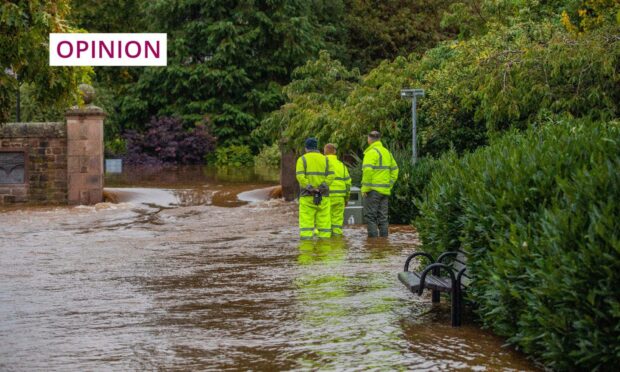





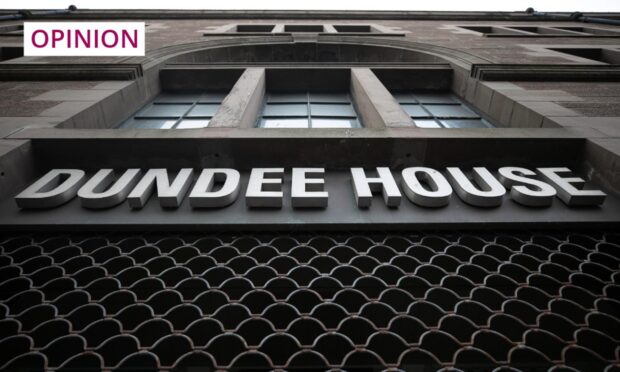
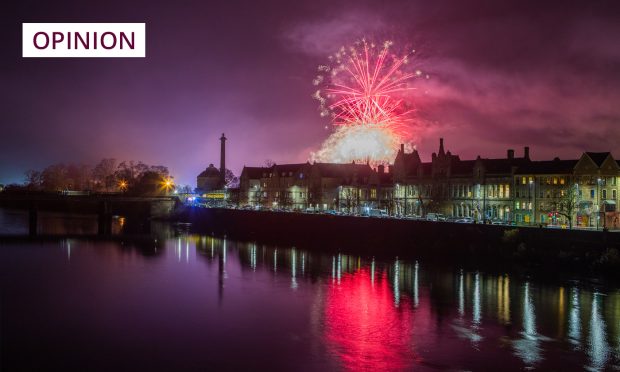
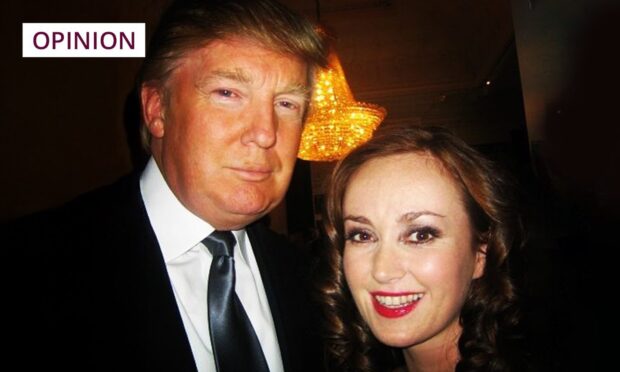
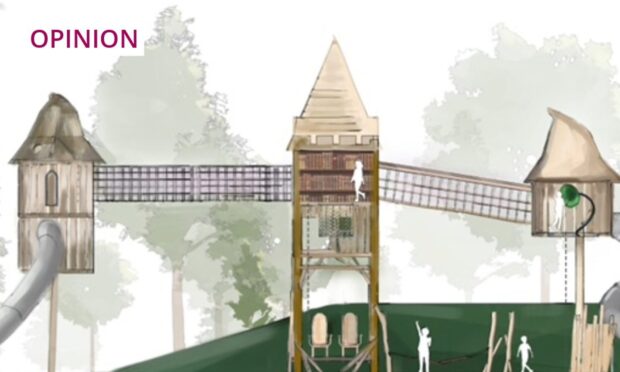

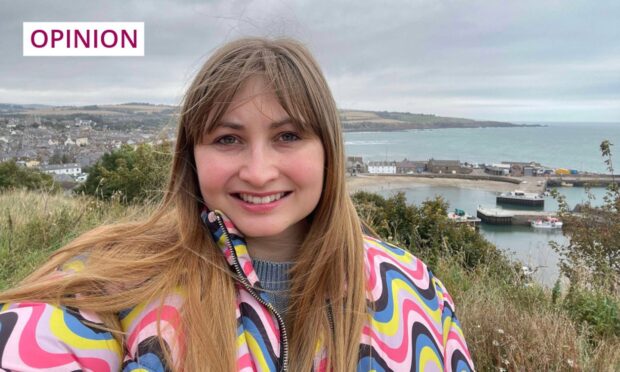
Conversation